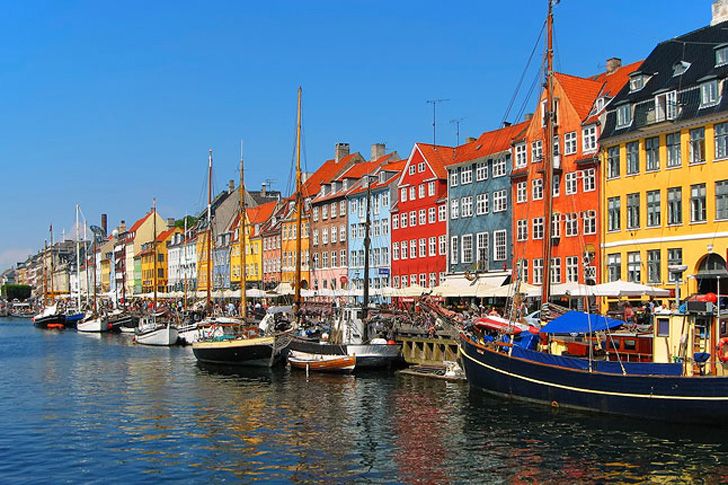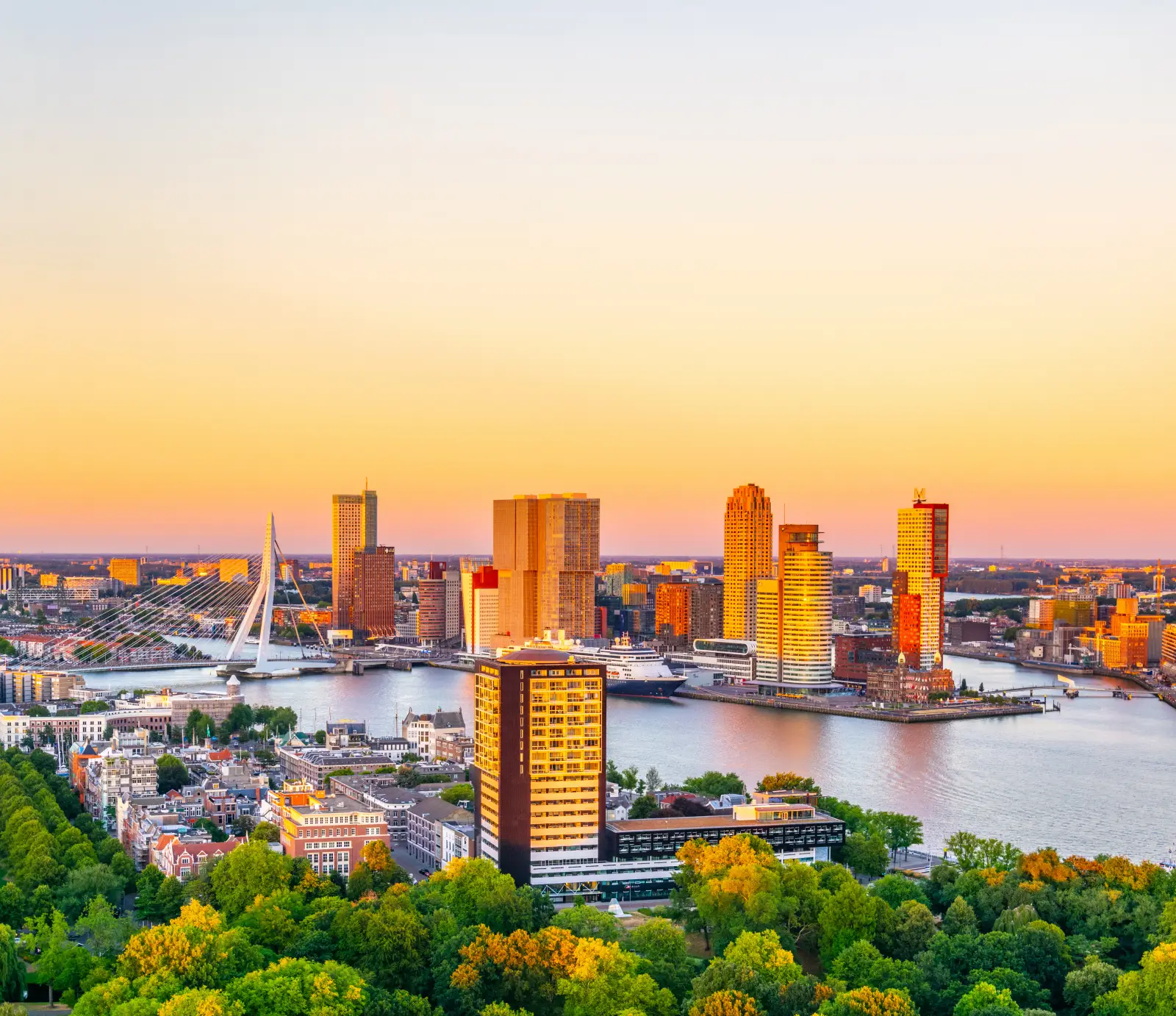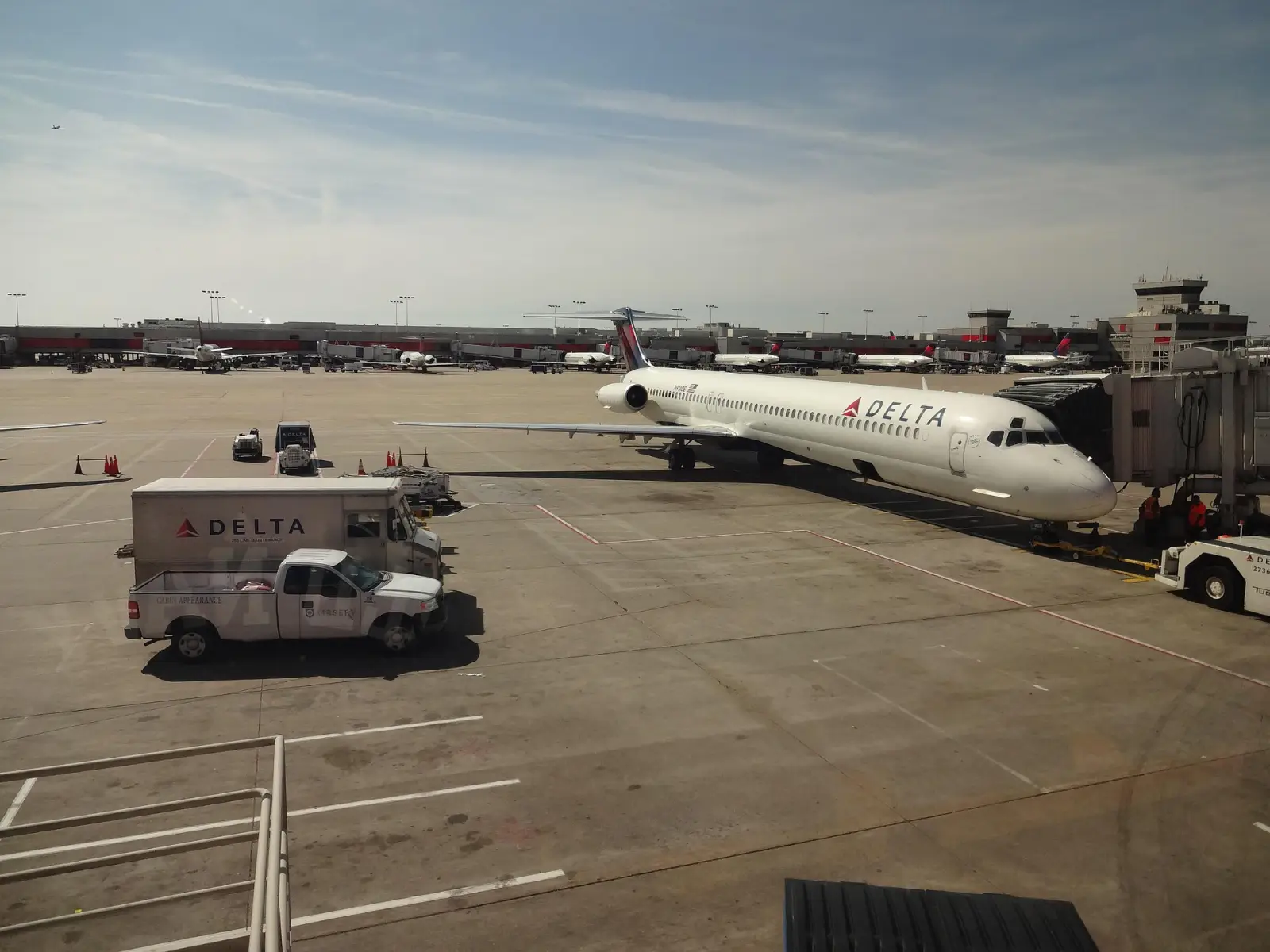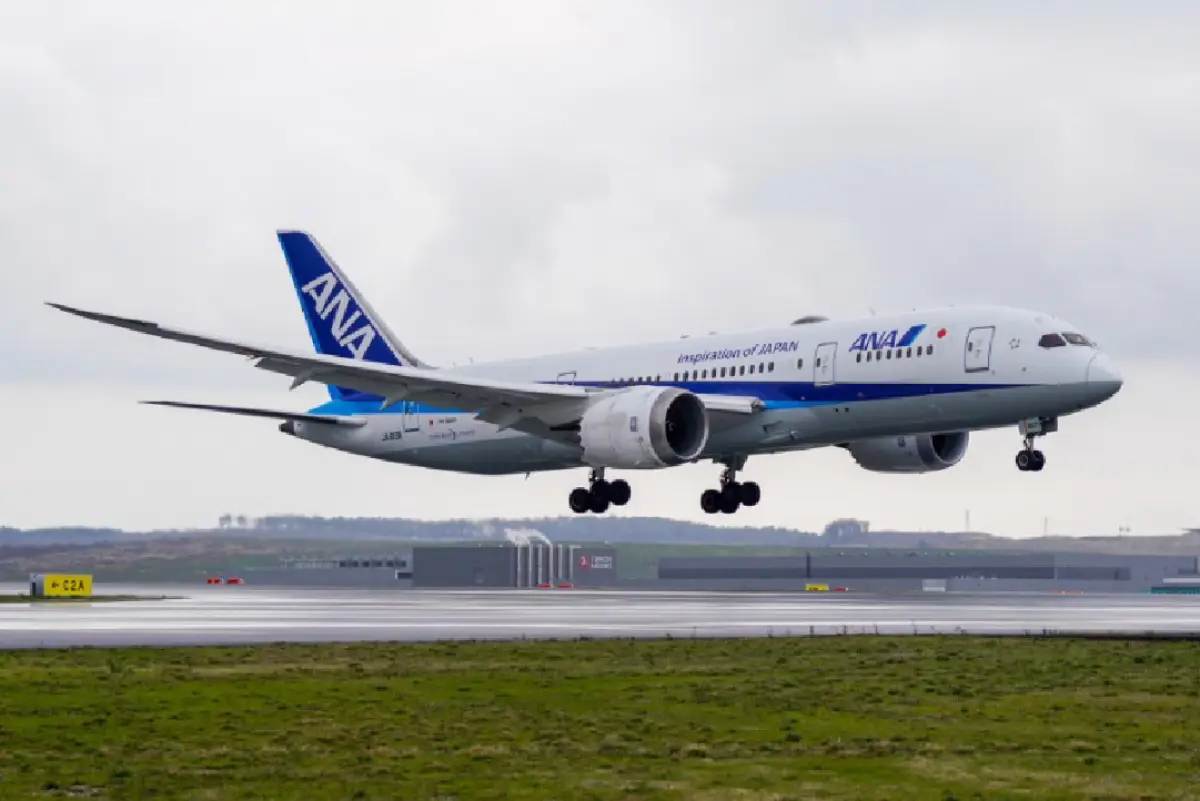Travelers eagerly sharing their vacation plans on social media may unwittingly be inviting hackers to spoil their holiday, warns a new survey.
Cybersecurity specialists at NordVPN reveal that approximately 85% of travelers harbor concerns about being hacked while traveling, with the risk intensifying for those who freely share their holiday information online.
A trending phenomenon amongst vacationers, known as the “airport selfie,” typically showcases a boarding pass and passport in the photograph. While seemingly innocuous, these images actually expose personal information that hackers can exploit, leading to potential vacation ruin.
“Even if only the barcode of your flight ticket is visible in the picture, hackers can scan it and find out such information as a traveler’s full name, reservation number, passenger name record, and sometimes even contact information,” says Adrianus Warmenhoven, a cybersecurity expert at NordVPN. He further cautions that this stolen data could be used to wreak havoc on a traveler’s vacation plans through actions such as cancelling return flights, extracting money from payment cards, or even executing identity theft.
Once the boarding pass barcode is scanned, hackers can infiltrate a passenger’s airline account, pilfer accumulated mileage points, or alter details for upcoming flights. Even less-frequent travelers are vulnerable, as hackers may masquerade as airline representatives and extract sensitive credit card details over a call under the pretense of flight confirmations.
Moreover, cybercriminals can use stolen boarding pass information, coupled with data gathered from social media platforms, to impersonate the traveler when contacting the airline. Such precise information could potentially convince even the most secure travel agencies or airline companies to disclose their customer’s confidential information.
This wealth of data can then be sold on the dark web or used to steal the victim’s identity, thereby enabling the hacker to commit fraud, such as opening credit card accounts or making unauthorized purchases.
However, there are secure ways to share vacation photos online, assures Warmenhoven. Travelers are encouraged to post photos after they return from vacation, thus ensuring that potential burglars don’t know their home is currently unoccupied. Privacy settings on social media accounts should also be tightened to ensure that posts are visible only to friends rather than the entire internet populace.
Furthermore, travelers are advised never to share personal information on social media and to be wary of free public Wi-Fi. “Users need to be especially cautious when connecting to these networks because they are easily monitored,” warns Warmenhoven, suggesting that installing a VPN such as NordVPN is one of the best ways to use public Wi-Fi securely.
As cyber threats continue to evolve, travelers must be increasingly cautious about the digital footprints they leave behind. Exercising discretion when sharing vacation details online could go a long way in ensuring a truly stress-free holiday.













